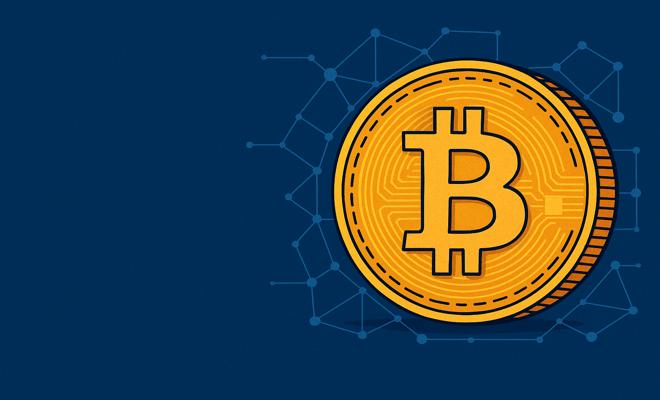
What is Bitcoin and Why Does It Matter?
Bitcoin has emerged as one of the most revolutionary and debated innovations of our time. From finance and technology to global politics, Bitcoin has captured attention worldwide. But what is Bitcoin exactly? And why is it so important in the rapidly evolving digital landscape? This article from BitMedia24 offers you a thorough yet approachable explanation — covering Bitcoin’s origin, technology, benefits, risks, and its future potential. Whether you're new to crypto or just seeking clarity, this guide will help you understand Bitcoin inside and out. 🧠 Bitcoin (BTC) is a decentralized digital currency that enables people to send and receive money directly over the internet without relying on banks, governments, or any centralized authority. Created in 2009 by an unknown person or group using the pseudonym Satoshi Nakamoto, Bitcoin was designed to be a secure, transparent, and borderless form of money. 🪙 Unlike traditional fiat currencies such as the US Dollar (USD) or Euro (EUR), Bitcoin isn’t printed or controlled by any central bank. Instead, it runs on a revolutionary technology called blockchain — a decentralized ledger that records every Bitcoin transaction in a way that is permanent, tamper-proof, and openly accessible. Bitcoin operates on a decentralized network of computers called nodes, which collectively maintain and secure the blockchain. Here's a simplified overview of how a Bitcoin transaction happens: This mining process secures the network and keeps transactions trustworthy and irreversible. Miners are rewarded with newly created Bitcoins, incentivizing their work. ⛏️ Bitcoin’s importance goes far beyond just price speculation. It represents a new paradigm for money and finance with several key advantages: Bitcoin’s unique features make it useful in several practical ways today: Despite its promising potential, Bitcoin also faces notable challenges: The road ahead for Bitcoin is full of possibilities as well as uncertainties. With growing adoption by individuals, corporations, and governments, Bitcoin could evolve to become: However, realizing these potentials depends on solving technical, regulatory, and environmental challenges while maintaining user trust and innovation.🔍 Understanding Bitcoin: What Is It?
📜 A Brief History of Bitcoin
⚙️ How Does Bitcoin Work?
📊 Bitcoin vs. Traditional Currency
Feature Bitcoin Fiat Currency Control Decentralized, no single authority Centralized by governments and central banks Supply Limited to 21 million BTC Unlimited, can be printed at will Transparency Fully transparent on blockchain Opaque, controlled by central institutions Inflation Risk Low due to capped supply High, dependent on monetary policy 📈 Why Bitcoin Matters in Today’s World
💼 Real-World Applications of Bitcoin
🚧 Challenges and Risks Facing Bitcoin
🔮 The Future Outlook for Bitcoin
🧠 Final Thoughts
Bitcoin is much more than just a digital asset — it represents a financial revolution that redefines how value is stored and transferred globally. Its decentralized design empowers individuals with financial sovereignty, while its limited supply offers strong investment appeal over the long term.
Learning about Bitcoin is an essential step toward navigating the digital economy with confidence. As our world becomes increasingly interconnected and decentralized, Bitcoin is poised to play a pivotal role in shaping the future of money and finance.
© BitMedia24 – Your Trusted Guide in the Crypto World 🚀